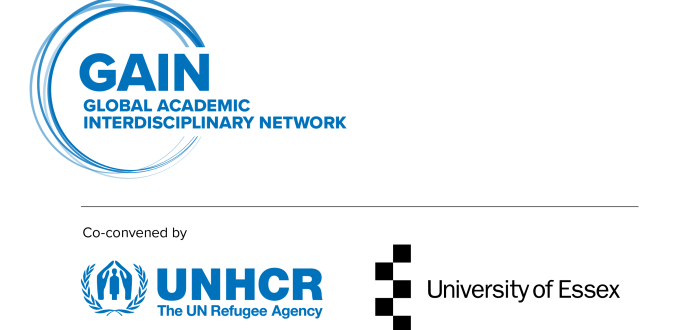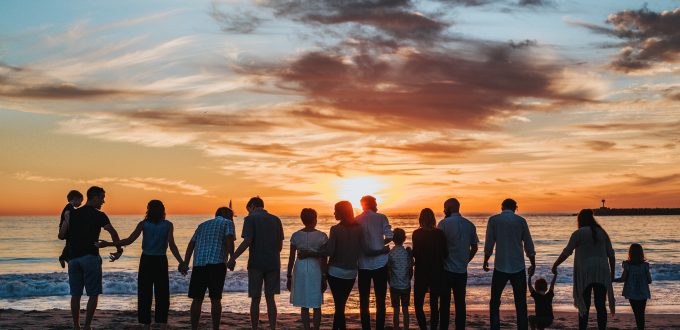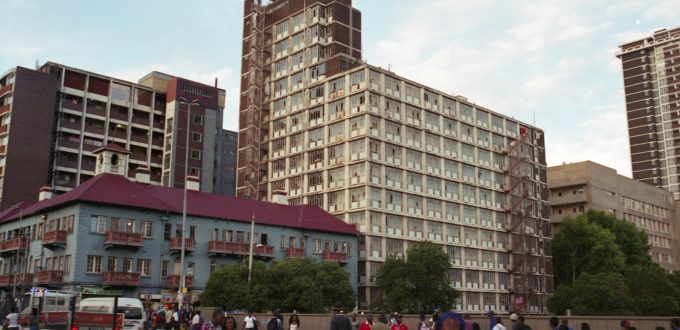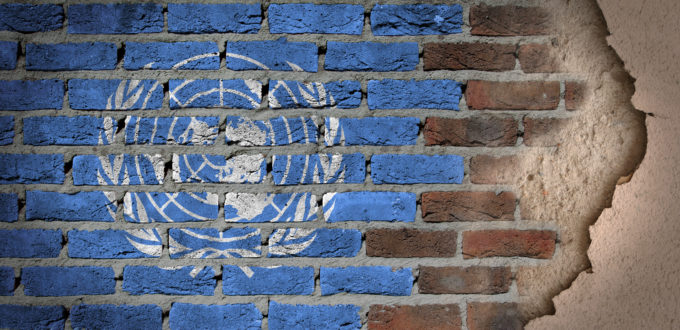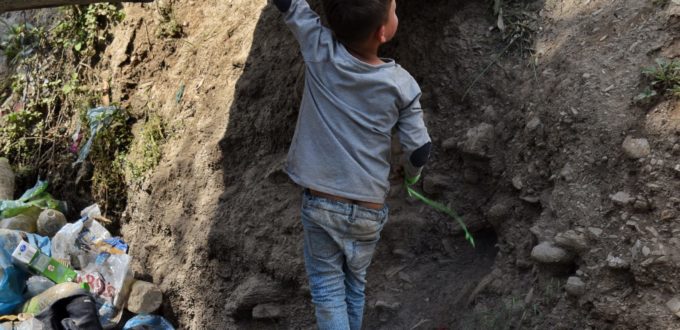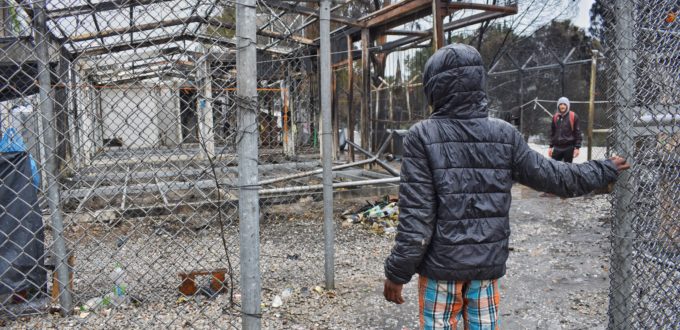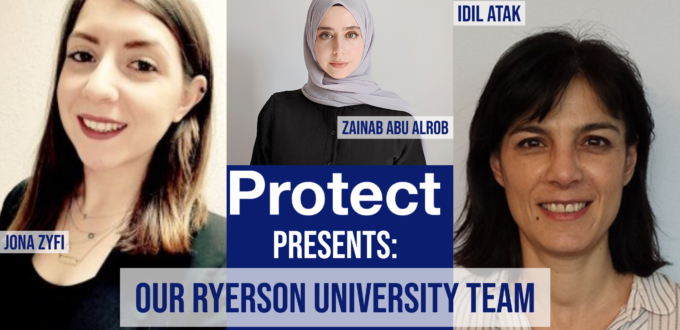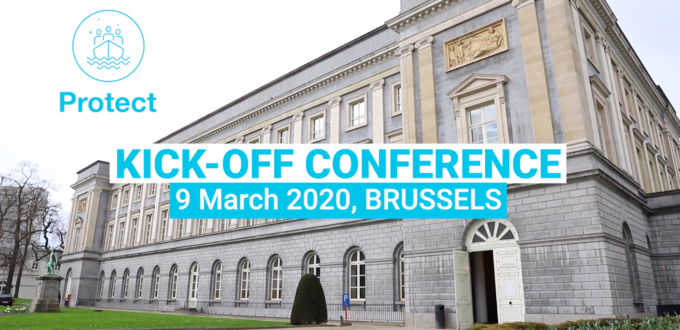PROTECT’s project leader, Hakan G. Sicakkan has initiated the University of Bergen’s partnership with the UNHCR – the UN Refugee Agency and membership in the GAIN-network during the first Global Refugee Forum in 2019, when the network was launched. The Global Academic Interdisciplinary Network (GAIN) was established by the Global Compact on Refugees, affirmed in […]
Roadmap to a human right-based refugee protection system
According to the UNHCR 2021 Global Trends Report, 1 in every 78 people has been forced to flee worldwide because of persecution, conflict, violence, human rights violations or events seriously disturbing public order – leading up to more than 100 million people being forcibly displaced by May 2022. Pursuant to UNHCR: “As new refugee situations emerge and intensify, and as existing ones reignite or remain unresolved, there is an acute need for durable solutions at increasing scale. The Global Compact on Refugees notes that one strategic priority for the humanitarian community is to identify and support durable solutions that enable refugees to rebuild their lives and live in safety and dignity.” But how far has the international refugee system come in responding to the needs of the refugees? The PROTECT project marks #WorldRefugeeDay by sharing our insights to this question and by sharing our roadmap to a human-rights based refugee protection system. All of which is based on intensive data collection and analysation during the two years of the project.
The Peripheral Role of the Global Refugee Regime in Southern Africa: Protection Challenges in Urban ...
Southern Africa is home to a significant number of refugees and forced migrants, with UNHCR reporting 1.1 million refugees and asylum-seekers in the region in 2020. To assist states in hosting these populations, the global refugee regime has been associated with offering protection to refugees in the region since the 1960s. This assistance has taken […]
The relation between the UNHCR and the government: a leap in time and refugee protection
Throughout its history, by trial and error, UNHCR has acquired the skills to negotiate with individual states and convince them that refugee protection is in the interests of individual refugees, but also of states and the global community.
Syrian civil war at 10: the refugee crisis at a glance
The Syrian civil war has been waging for ten years and the consequences for Syria, Syrians, the neighboring states, and the region have been devastating. The crisis has left over 6.6 million Syrians in need of protection and resettlement. Still, a handful of neighboring states continue to host the majority of Syrian refugees.
Graveyards of Human Rights: thoughts on the refugee camps on Lesvos in light of the UNHCR’s 70th ann
Cases of sexual violence inside refugee camps are often presented as if they were tragic accidents, or natural and isolated events. However, sexual violence is endemic to refugee camps and it has escalated over time. Despite these facts, evidence and warnings, refugee populations are systematically abandoned into structurally harmful environments which not only allow, but also create the conditions for such atrocious acts of violence to take place.
PROTECT partner presentations: The Toronto Metropolitan University
The Ryerson team is led by Associate Professor Idil Atak, joining her are the early career Ph.D. fellows, Zainab Abu Alrob, and Jona Zyfi. Together, they will drive the Canadian-oriented research of PROTECT, involving fieldwork among migrants and refugees in Canadian cities and co-leading PROTECT’s dissemination and engagement work.
As the Corona pandemic worsens, EU borders shut down: “A new low point for the EU’s respect for refu
Human rights in international law and the EU Charter are not dispensable in times of pandemics. They are essential characteristics and integral to promoting the European Way of Life which “is founded on the values of the respect for human dignity, freedom, democracy, equality, the rule of law and respect for the human rights, including the rights of persons belonging to minorities.”
PROTECT successfully launched in Brussels
A number of high-profile representatives from the academic community, civil society organizations, and international organizations were present for PROTECT’s kick-off conference in Brussels on 9 March 2020. The conference allowed both academics and stakeholders to become more familiar with PROTECT’s research objectives, Work Packages, and involved partners. Key speakers from the United Nation’s Refugee Agency (UNHCR) and the European Council on Refugees and Exiles (ECRE) also stressed the urgency of […]

